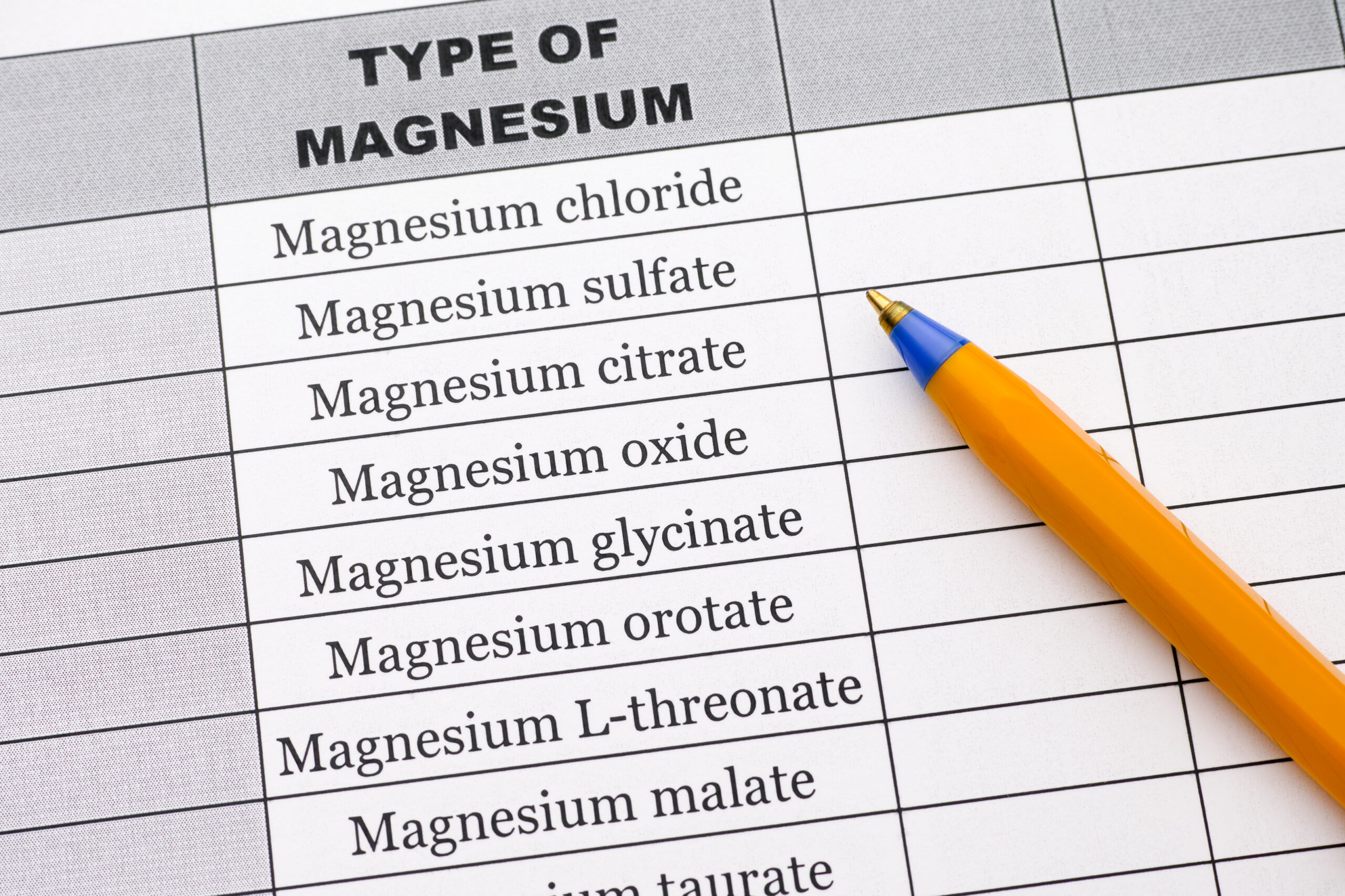THANK YOU!
We sincerely appreciate your generous donation to Entheology Project Inc. As a 508(c)(1)(a) non-profit religious organization, your donation is tax deductible. You will receive an email confirmation for your records, which can be used for tax purposes. Your support helps us continue our mission and make a meaningful impact!
Billing Information
Your credit card will be billed under "Entheology Project Inc." with the description "Donation." If you have any questions or need further assistance, please do not hesitate to contact us. Thank you once again for your support!
Best Regards,
EP Support
info@entheo.info
Looks like there was a problem processing donation.
The Therapeutic Potential of Magnesium L-Threonate: Cognitive Enhancement and Its Role in Serotonergic Experiences
By EP Admin

Magnesium L-Threonate, known as Magtein, has been the subject of various scientific studies due to its unique properties and potential health benefits. The research indicates that Magtein is particularly effective in enhancing cognitive functions, including memory and learning, by increasing brain magnesium levels. This increase in brain magnesium is linked to improved synaptic plasticity, which is crucial for cognitive health. Additionally, Magtein shows promise in neuroprotective aspects, potentially aiding in the prevention of age-related cognitive decline and neurological disorders by reducing brain inflammation and oxidative stress.
Furthermore, Magtein’s role in mood regulation and stress management has been explored, with studies suggesting that it may help in alleviating symptoms of anxiety and depression. In the context of serotonergic experiences, such as those induced by MDMA, Magtein’s cognitive and mood-stabilizing properties might theoretically assist in moderating the intensity of these experiences, although direct research in this area is still needed. The potential of Magtein to mitigate muscle and jaw cramping, commonly experienced during MDMA use, is also noted, likely due to its muscle relaxation properties.
The documents provided offer a detailed insight into the scientific understanding of Magnesium L-Threonate, highlighting its potential as a cognitive enhancer, neuroprotective agent, and a supplement that might have benefits during specific serotonergic experiences. However, further research is essential to fully understand its efficacy and safety in these contexts.
Introduction to Magnesium L-Threonate (Magtein)
Magnesium L-Threonate, commercially known as Magtein, is garnering significant interest in the scientific community for its unique cognitive benefits and neuroprotective properties. This novel form of magnesium, specifically designed for higher brain bioavailability, holds promise in several areas of mental and neurological health.
Cognitive Enhancement with Magtein
One of the most notable benefits of Magtein is its ability to enhance cognitive functions. The compound has been shown to effectively increase magnesium levels in the brain, which is crucial for maintaining synaptic plasticity – the foundation for learning and memory. By facilitating these neural processes, Magtein presents a potential breakthrough in improving cognitive capabilities, particularly memory and learning.
Neuroprotective Properties
Apart from cognitive enhancement, Magtein has demonstrated potential neuroprotective effects. Research indicates that it may offer protection against age-related cognitive decline and various neurological disorders. This protective mechanism is primarily attributed to its ability to reduce oxidative stress and inflammation within the brain, thereby preserving neuronal health and function.
Impact on Mood and Stress
Magnesium plays a vital role in regulating neurotransmitter systems, and Magtein’s impact on mood and stress management is a subject of increasing interest. Its supplementation has been associated with improved mood regulation and a reduction in symptoms related to anxiety and depression. This mood-stabilizing effect is particularly relevant in the context of mental health and well-being.
Magtein and Serotonergic Experiences
In the context of serotonergic experiences, such as those induced by MDMA, Magtein’s role becomes even more intriguing. While direct studies are limited, the cognitive and mood-regulating properties of Magtein suggest that it might assist in moderating the intensity of these experiences. Additionally, MDMA is known for its impact on serotonin levels in the brain, and Magtein’s potential neuroprotective benefits could be of significance in this context.
Reducing Muscle and Jaw Cramping During MDMA Experiences
A notable concern with MDMA use is muscle and jaw cramping, often manifesting as teeth grinding. Magnesium, including forms like Magtein, has been known to help mitigate these muscle tensions. Its role in muscle relaxation and nerve function could potentially reduce the intensity of such cramps during MDMA experiences, contributing to a more comfortable experience.
Safety Considerations and Recommendations
The safety profile of Magtein is supported by various studies, but its interaction with serotonergic agents like MDMA is not thoroughly established. It’s crucial for individuals considering Magtein use, especially in conjunction with substances like MDMA, to seek advice from healthcare professionals. The theoretical benefits, while promising, should be approached with caution until more research validates these interactions.
Conclusion
Magnesium L-Threonate presents a promising avenue for cognitive enhancement, neuroprotection, mood regulation, and potentially for mitigating some of the physical discomforts associated with MDMA use. As research continues to evolve, Magtein’s role in these areas may become clearer, offering new opportunities for therapeutic applications.
Sources
- https://mushgptawsbucket.s3.amazonaws.com/books/pdf/0e0f01a9-b21d-4d2b-87b3-f3815ad2a1aa.pdf
- https://mushgptawsbucket.s3.amazonaws.com/books/pdf/22934480-fa96-4634-8d14-c9bab9dea0d6.pdf
- https://mushgptawsbucket.s3.amazonaws.com/books/pdf/4a5a8770-6136-4dc4-99ac-6f4d127c15ae.pdf
- https://mushgptawsbucket.s3.amazonaws.com/books/pdf/0d9f0f6a-1da8-4c58-ac14-a8aee790c8f2.pdf



 Your payment is protected
Your payment is protected